
LEIPZIG, Germany -- RB Leipzig were almost done dispensing with TSG Hoffenheim one chilly evening in December when a few of its better-dressed supporters retreated to the VIP Lounge atop Red Bull Arena. Drinks in hand, they gathered around a video monitor to watch the waning moments of a different game.
Everyone knew what was at stake. If Bayern Munich could hold off Borussia Monchengladbach, upstart Leipzig would move atop the Bundesliga. More than half the season still remained, so it didn't mean too much -- and yet, it meant everything. Built from the ground up by Red Bull, the Austrian beverage company, Leipzig has become the most reviled club in Germany. If it isn't your favorite club, Leipzig is probably your least favorite. And if you are a Leipzig fan, the rest of the Bundesliga would tell you that you're one of a select few.
Deep into stoppage time, Bayern conceded a penalty. As Monchengladbach's Ramy Bensebaini calmly put the ball into the net, the crowd in the VIP lounge let out a groan. Now they'd need at least another week to stake their claim as the Bundesliga's best, and that was a shame. Hadn't they already been waiting to be German champions for ... nearly a decade?
RB Leipzig is Europe's equivalent of an American expansion team. Before 2009, it simply didn't exist. Then Red Bull -- already the owner of soccer clubs in Salzburg and New York as well as Formula 1 racing teams and other sports entities -- took control of SSV Markranstadt, which had been puttering along in the German fifth division. It changed the team's name and Red Bull'd its colors and logo. It bought a 10-year lease on the city's 43,000-seat stadium, broke ground on a palatial training facility and began its journey to the top of German football.
In just seven seasons, RB Leipzig reached the Bundesliga. By the eighth, 2018-19, it was competing in the Champions League. Fielding Germany's youngest squad, it deploys a high-octane style; this season, no team in the league has scored as many goals. As the Bundesliga resumes this week after its holiday break, Leipzig is well-positioned to depose mighty Bayern, which has won seven titles in succession but currently sits four points behind them in the table. That's big news for a competition that has crowned just two different champions -- Bayern and Borussia Dortmund -- in the past decade and only four this century.
You would assume the emergence of a new contender would be celebrated. It isn't.
"We would prefer our worst enemies," says Philipp Reschke, Eintracht Frankfurt's chief operating officer. "We would always not vote for the plastic. We would vote for a traditional club like Bayern. We would vote for the heart."
To understand that, it is necessary to realize that German football has barely changed since the 1960s. Sure, the stadiums are bigger and the shirts have advertising, but the game is still perceived as a sacred trust between a club and its fans. "Football is a glue in our society," says Carsten Cramer, Borussia Dortmund's chief executive. "It has a social responsibility."
To ensure that soulless corporations or free-spending oligarchs don't buy up clubs, as they're allowed -- indeed, welcome -- to do in most other nations, the Deutscher Fussball-Bund (DFB) bylaws require that individual members own a majority of voting shares, a "50-plus-one" rule unique to Germany. Exceptions, such as Volkswagen's ownership of Wolfsburg and pharmaceutical giant Bayer's of Bayer 04 Leverkusen, are allowed only when a company or individual has bankrolled a club for at least two decades. That obviously isn't the case with Red Bull and RB Leipzig, but in a shrewd move, and an entirely legal one, the company managed to meet the "50-plus-one" requirement by issuing a small number of shares, buying 49% of them itself, then pricing the rest prohibitively and choosing who could invest.
There also is a restriction against clubs adopting commercial logos, but a few tweaks to the taurine combatants on the drink cans proved enough to circumvent it. As for the rule forbidding teams to name themselves after corporations, Red Bull had an answer for that too. It turns out that the RB in RB Leipzig doesn't actually stand for Red Bull. Officially, at least, it is the near-nonsense word RasenBallsport, which literally means "sports played with a ball on a lawn." Almost everyone calls them Red Bull anyway. Such sleight of hand, coupled with the club's vertiginous rise, has led the rest of German football to treat Leipzig's success as an existential crisis.
"Is the purpose of football to serve the people who love football or to serve something else?" asks Axel Hellmann, who serves on Eintracht Frankfurt's board. When Leipzig plays in Frankfurt, Eintracht refuses to show its logo on the video board or anywhere else in its arena. "I'm not here to make an advertisement for Red Bull," Hellman says.
It isn't just Eintracht and Dortmund, two of Germany's most traditional clubs. The first time Leipzig traveled to Union Berlin, the page in the game program usually devoted to the history of the visiting club was replaced with a primer on bull breeding instead. Fortuna Dusseldorf has updated its bylaws to forbid the club from scheduling friendlies with Leipzig or offering recognition in any way "beyond what is required by the rules of the sport."
Fan groups around the Bundesliga routinely boycott trips to Red Bull Arena, and nearly all of them display banners with biting slogans. "Sometimes I feel that there's a competition between the fans of other clubs to do the strongest action against Red Bull," says Frank Aehlig, a former Bundesliga manager and executive at RB Leipzig, who now works at FC Koln. (The president of another rival, FC Augsburg, even formed his own group of investors in an attempt to wrest control of Leipzig, but failed.)
"We call Leipzig's supporters 'customers,' because that's what they are," says Sue Rudolph. A fan activist for Fortuna Dusseldorf, a team struggling to avoid relegation, Rudolph resents Leipzig's presence in the Bundesliga table, let alone at the top of it. "It just feels so unfair," she says. "What they've done is not a fairy tale. It's just money."
But then Leipzig scores a fairy-tale goal like the first one against Hoffenheim, a counterattack that seems to take only as fast as the head can swivel. It ends with Patrick Schick sliding the ball to Timo Werner at precisely the moment that the retreating fullback is forced to commit, with Werner punching the ball home with a thunderclap. "High-pressure soccer" is how the American midfielder Tyler Adams, who was transferred from MLS's New York Red Bulls to Leipzig last summer, describes it. "After winning the ball back," he says, "we want only a certain number of seconds to get to the goal and create as many chances as possible. That's how we play."
Adams, 20, is part of the second generation of emerging RB Leipzig standouts. It has come directly on the heels of the first generation, which includes Werner, who is just three years older. "We're all just a bunch of young guys running around on the pitch," Adams says. "We want to play a brand of soccer with the same kind of energy that Red Bull is known for."
Whether he was referring to the company's approach to football across its various teams or to the caffeinated drink was unclear.
Apart from fragmented Berlin, Leipzig was the largest city in the former East Germany and a significant center of sports. Much of the research into high-performance training (including, but not limited to, illegal doping in the Olympics) was performed at Leipzig's Deutsche Hochschule fur Korperkultur.
Once upon a time, Leipzig was a football town too. In the 1950s, crowds of more than 100,000 gathered for games in the old Zentralstadion, the shell of which now surrounds Red Bull Arena. As late as 1988, the year before the Berlin Wall came down, a Lokomotive Leipzig UEFA Cup game against Napoli and Diego Maradona drew 90,000 fans. After unification, football throughout the former East fell into disrepair. Occasionally teams would emerge in the Bundesliga for a season or two, but none was competitive. Before RB Leipzig took over first place for the 11th week of the 2016-17 season, its first in the Bundesliga, the last eastern team atop the leaderboard had been Hansa Rostock, early in the 1991-92 season. Until Leipzig, none of them had qualified for the Champions League, and none has won the Bundesliga.
By the time Red Bull turned its attention to Leipzig in 2009, football in the former East had deteriorated to a few struggling clubs in the nether reaches of the German professional structure. Each drew, at the most, a couple of thousand fans per game. Where had all those other fans gone?
"You could see that in the eastern part of Germany there was space for a professional soccer team," says Oliver Mintzlaff, Red Bull's head of global soccer. Still, success came more slowly than the company had anticipated. Barred from using the Red Bull logo, the club played its first season without any logo at all. Attendance was low. After a quick promotion, it languished three seasons in the fourth division before moving to the third.
By then, Ralf Rangnick had been hired as manager. Previously, Rangnick had engineered two successful Bundesliga promotions, at Hannover 96 and Hoffenheim. Backed by the Red Bull empire, he enjoyed an almost limitless budget. But rather than spend it on established players, he concentrated on gathering young talent, much of it poached from academies at smaller clubs around eastern Germany. Red Bull's war chest also meant that its scouts could operate further afield than those at similarly sized clubs.
Yussuf Poulsen was playing in the Danish second division at 17 when Rangnick arrived in Portugal for a U-19 tournament. "There was a big plan already -- how it was all going to develop," Poulsen recalls. "He told me they would go up to the third league the next season, and I would come into the team and be a big part of it. Then they would go up to the second league the following year. 'We can have one year to get to know the level in the second league,' he said. 'And then we will go to the Bundesliga.'"
The assumption that such an ascent could be scripted was startling. But the more Poulsen listened, the more it made sense. "Look at his résumé," he says of Rangnick. "He hasn't just done it once. This is the third time. He knows how you do it." When Poulsen visited Leipzig's training ground, the plan came into sharp focus. "It looked nothing like any other team in the third division had," he says. "They were Bundesliga-ready."
The young players Rangnick signed, like Poulsen and Werner and midfielders Marcel Sabitzer and Diego Demme, were primed to learn his system. They were also far less expensive than established stars. "If you look at our squad, many are players who came in when we were still in the second or even the third league," Poulsen says. "They came really, really cheap. We have five or six players who combined cost under €10 million."
Now Leipzig is playing in the Champions League round of 16, preparing to face Tottenham Hotspur in February. Yet to this day, it hasn't spent more on a player than the €20 million it gave to Bayer Leverkusen for Kevin Kampl in 2017. "We didn't do what people expected," Mintzlaff says. "'Oh, Red Bull is coming, taking over the Bundesliga, they're going to spend crazy money, they're going to buy the best-best-best.' No. We never, ever bought a star. We bought young players. At the time, every other Bundesliga team could have bought these players. Many of the 2. Bundesliga could have bought them. We did a good job of scouting, with a clear philosophy. And we still stick to that philosophy."
The massive financial commitment to everything from saunas to medical care provided a clear advantage. So did the ability to use Red Bull's other clubs -- in Austria and New York, but also South America (Red Bull Brasil) and Africa (Red Bull Ghana) -- as stepping stones, in similar fashion to City Football Group (which includes England's Manchester City, MLS's NYCFC, and five other clubs from Uruguay to India) and a few individual operators. Just as useful has been an autocratic organizational structure that enables decisions to be made far more expediently than at other German clubs.
"You can say, 'I want to have a video wall on the practice pitch,' and you don't have to ask 20 people," says Julian Nagelsmann, who is in his first year as manager of the club. "And there won't have to be a board meeting with 20 people having a discussion, 'Is it good?' 'Will it bring us an advantage in the future?'" For its rivals, Nagelsmann notes, the process is far more complicated. "They talk a long time," he says, shaking his head. "As a result, development may not be so fast. Here you can improve in a very short time. This is great."
It is also, Mintzlaff is quick to point out, the way football clubs operate in most of the rest of the world. He doesn't try to hide the fact that Leipzig's ambitions extend beyond the Bundesliga to the Champions League, which provides the glory and pays the bills. "This is where teams have to make the next step, to really compete against the Italian league, the Premier League," he says. "Our product is good, but other leagues are making progress. And of course, people want to see the best players. And the best players are expensive."
Any club that isn't willing to compete internationally, he infers, shouldn't try to restrain those who are. "We're not complaining about anyone," he says. "We're not complaining that we don't have as much money as Bayern Munich. We have a little more of the American mentality -- let's work harder, let's get it done, let's do it even better."
Each day, managing director Carsten Cramer arrives at an office that fills a corner of Borussia Dortmund's modern, glass-walled office building. The floor is hardwood. There is handsome, white furniture and a mounted video monitor. He could be running an ad agency.
Indeed, Cramer's background is in marketing, and it probably isn't a coincidence that Dortmund has profited handsomely during his tenure, using the presence of American standout Christian Pulisic to extend its reach across the Atlantic and emerge as Germany's most visible club after Bayern Munich. (Its €600m annual income more than doubles that of Leipzig.) Nevertheless, Cramer sees his role as less commercial than evangelical. "We think football belongs to the people," he says. He raises a finger. "It's a different approach."
The connections between German communities and their people have frayed, Cramer believes. Religion has been lost from daily life; so has much of public discourse. Football is all that's left, and overt commercialism poses a mortal threat. "What will happen to the clubs that are connected to Qatari investors after the World Cup in 2022?" he asks. "Is this a way that guarantees stability? Clubs have to be scared year by year that the sheikh or the investor or the owner doesn't pull the money out." He mentions Leicester City, where Vichai Srivaddhanaprabha invested tens of millions of pounds into the club, then died in a helicopter accident last autumn. "You had to pray that the family would continue to be interested," he said.
Cramer attends games around the world, but he is inevitably disappointed. England has fine stadiums, he admits, "but the atmosphere even at Anfield is not the same as the atmosphere in German stadiums." Perhaps his biggest letdown was Barcelona's Nou Camp, which he describes as "a stadium full of people who were not interested in football, but interested in a celebrity from Argentina." Far too many clubs, he believes, exist as investment vehicles for their owners or to serve a political or social agenda. "I could never work for a club like Paris," he says, alluding to PSG's position as a wholly owned subsidiary of the Qatari government.
No club in the Bundesliga disdains RB Leipzig's success more than Dortmund. Part of that might have to do with the emergence of a new rival not just for Bundesliga success, but for Champions League places and international appeal. But the culture clash runs far deeper than that. Dortmund, Germany's Pittsburgh, lost its way after World War II. Its coal and steel industries declined. So did its breweries. Its population fell. Only its football team continued to thrive.
These days, Borussia Dortmund acts as a lighthouse for the people of the Ruhr Valley. "And this lighthouse," Cramer says, "must be protected." He could rip out half the standing places in Signal Iduna Park's famous Yellow Wall of supporters and put in expensive seats. That would increase team profits, but at what cost to the social fabric? It is telling, he says, that no equivalent to the Yellow Wall exists at Red Bull Arena. "Where do the hardcore fans of Leipzig stand? Is it the west? The north? The south? The east? No one knows."
Nearly every game that Leipzig plays these days is a derby of sorts, one based on philosophies rather than geography, but none has overtones more bitter than the games at Dortmund. In February 2017, Leipzig's first visit to Signal Iduna Park, a mass of Dortmund supporters tried to block the visitors' bus in hopes that the game would have to be abandoned. To avoid them, police had directed the driver to an alternate route leading to the far side of the stadium. "I had been to Dortmund many times before with different clubs. I came with the team bus, and I kept saying, 'Where are we going?' We were taking a way to the stadium that I had never seen.
When they discovered that the bus had eluded them, the Dortmund supporters started throwing bottles and cans at any red shirt they could find. The official statement released by the Dortmund police said that "the violence was ... directed against any recognizable Leipzig supporter, regardless of whether they were children, women or families." Six were injured, and 28 Dortmund supporters were arrested. Inside the stadium was safer, but no less intense. "The atmosphere was heated up," says Liverpool's Naby Keita, who was then at Leipzig. "They didn't see Leipzig as a real club. It was a very difficult game for us -- 80,000 people in a sold-out stadium, everyone against us." Dortmund won, 1-0.
Aki Watzke, Dortmund's CEO, was quick to condemn the incident, but the club remains unrepentant about its belief that Leipzig shouldn't be allowed to exist in its current form. "The purpose of Leipzig is to sell cans of Red Bull by using a football entity," says Cramer. "Leipzig is a subsidiary of Red Bull. If you ask me why we do not feel comfortable, that's the reason why."
The Bundesliga also denounced the actions of the Dortmund supporters, but it has remained studiously agnostic about the issues that provoked them. RB Leipzig had joined its ranks as a fait accompli, promoted from the second division. And while German football's differentiation in the marketplace is exactly that from-the-heart football experience that contrasts with the sport's colder, more corporate feel in the Premier League, RB Leipzig's success is crucial to the Bundesliga. By giving the east representation among the elite clubs, it allows the league to finally stake a claim as truly national.
Red Bull's ties to America and its worldwide marketing might give it added visibility. And nobody at league headquarters in Frankfurt needs to be reminded that if Bayern Munich manage to defend their championship again this season, one club will have won exactly half the titles since the Bundesliga began in 1962.
"To have more than one big brand, or two if you include Dortmund, is good for the product that is marketed in America and Asia," says Eintracht Frankfurt's Hellmann. "For international marketing and communication, I really do see the point. But don't be fooled, there is collateral damage."
The week after beating Hoffenheim at home, Leipzig visited Dusseldorf for the Bundesliga's weekly Saturday evening game. Fortuna members were ready with banners and songs. Someone had printed up black T-shirts that read Love Football HATE RB, and many of the supporters were wearing them.
In the tunnel before the game, Leipzig's Mintzlaff appeared blasé about the shirts and the other insults. Back in Leipzig, Mintzlaff had characterized Dusseldorf as having "weak management. They put themselves behind the supporters. This is a mistake. We listen to our fans, we have discussions with our fans, but we have a clear plan." But on this visit, Mintzlaff reported, he'd had a productive meeting with Fortuna executives. He was confident that relations between the clubs would soon improve. He appeared less sanguine about returning home with a needed victory; in six meetings across two leagues, Fortuna had never beaten Leipzig and hadn't even managed a draw since 2014.
With Fortuna in the relegation zone and Leipzig just a point behind Moenchengladbach at the top of the table, that seemed unlikely to happen now. And in truth, even Fortuna's Ultras seemed almost half-hearted about their protests. After Leipzig's three previous visits to Dusseldorf, there seemed little left to say.
"First, we did all the legal things," said Rudolph, who is a member of the Ultras' advisory delegation to the club. "Then we realized that we can't change it, and the protests became a little more violent. And now we just don't know what to do. There will always be protests; there will always be banners. But at a point it becomes, what shall we do?"
Fortuna tried. When Leipzig's players came out to warm up, the O'Jays' "Money, money, money ... mon-n-n-ay" blasted from the speakers. Later, an official fan account sent out a sarcastic tweet with a photo of the small knot of Leipzig fans in the visitors section surrounded by a sea of empty seats. "Respect," it read. "The away end has never been so full." Mostly, though, the supporters submitted as meekly as their team was doing on the field. Two minutes into the game, Leipzig took the lead. Later, after Werner converted a penalty to double it, he ran over to the nearly empty section where the hundred or so Leipzig fans were gathered. He raised his arms aloft and shook them, as if he were communing with a full stand. The Ultras mocked him. Soon after, Leipzig scored again.
"If we make good decisions," Nagelsmann says, "there's no problem at some time in the next five years for Leipzig to be German champion." But Werner is likely to be gone soon to an even bigger club -- Bayern Munich or maybe Chelsea -- and a replacement will cost far more than €20m. Buying talent on the cheap is a lot more difficult when the players need to be capable of competing in the Champions League. The club has stockpiled talented, young players such as Adams and centerbacks Ibrahima Konate and Dayot Upamecano, all of whom are 21 or younger; but its best chance of adding to its achievements anytime soon is probably this season. That might be why the supporters in the VIP Lounge were monitoring Moenchengladbach so intensely.
The day after the game at Dusseldorf, they watched Monchengladbach lose to Wolfsburg. The result left Leipzig alone at the top of the table.


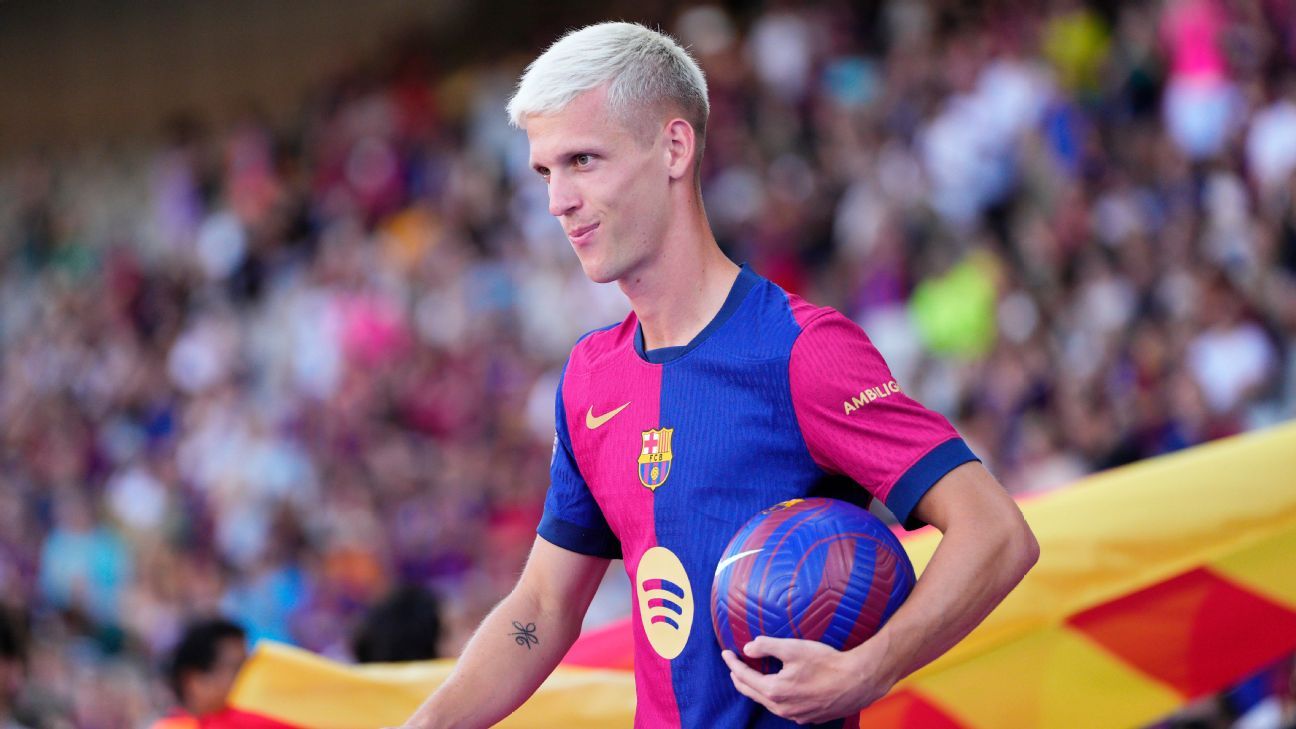







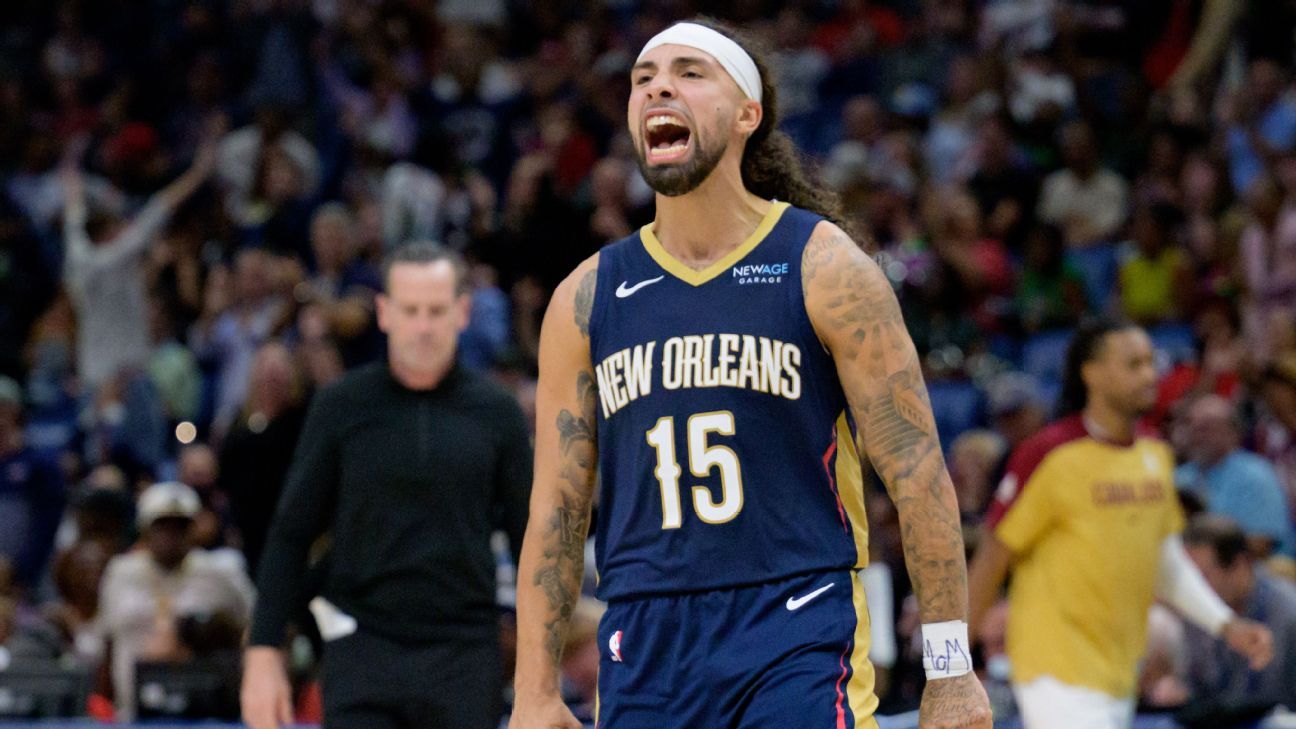
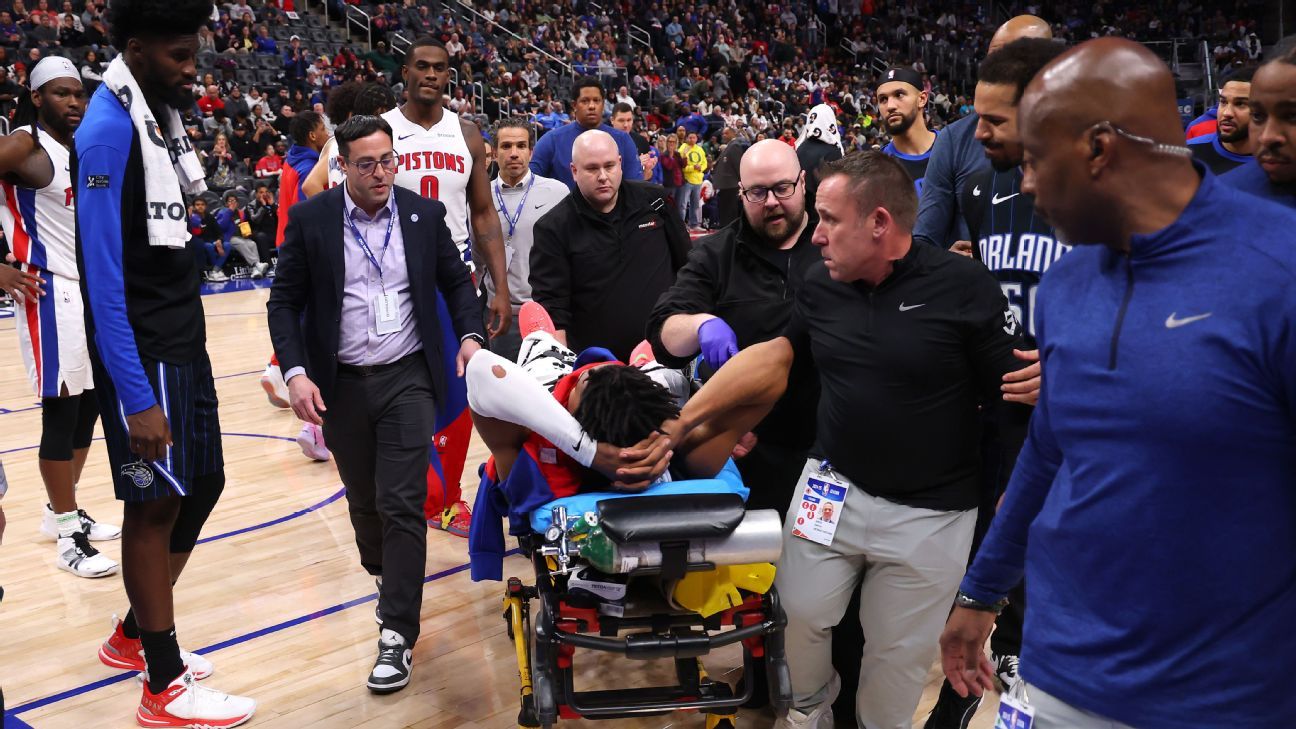
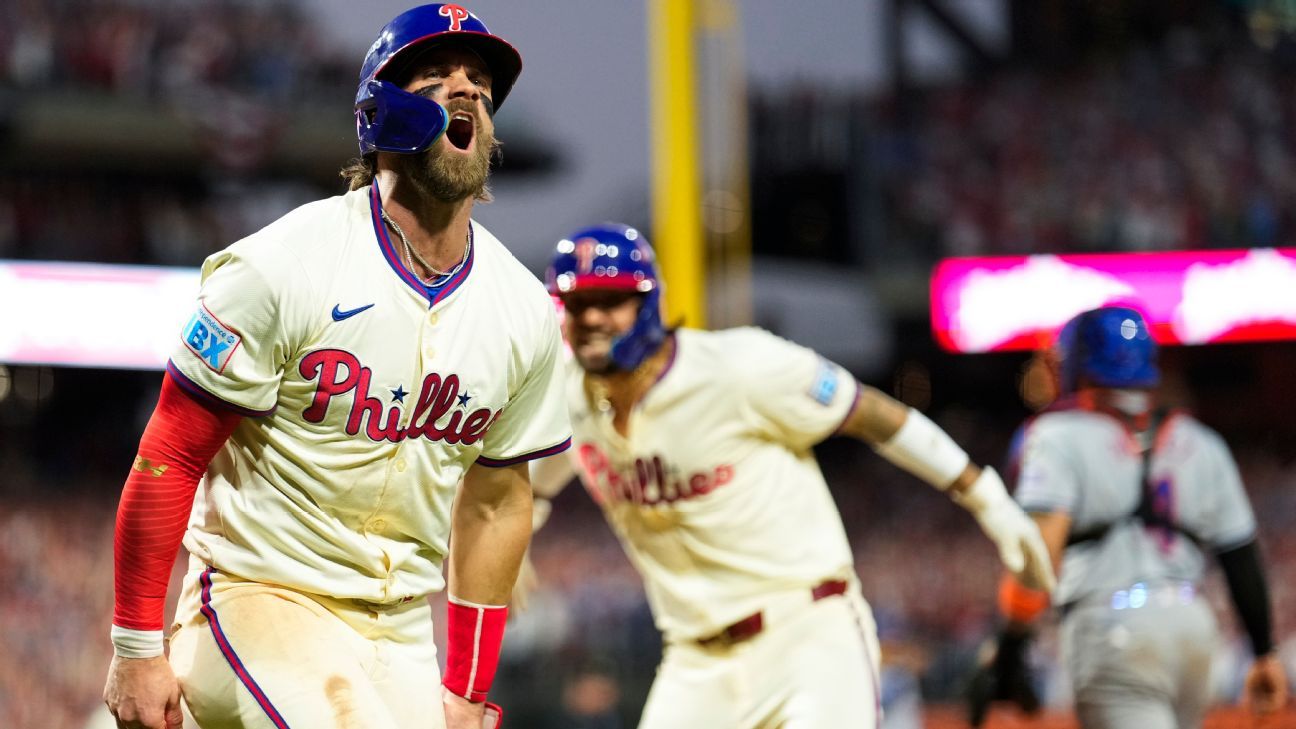
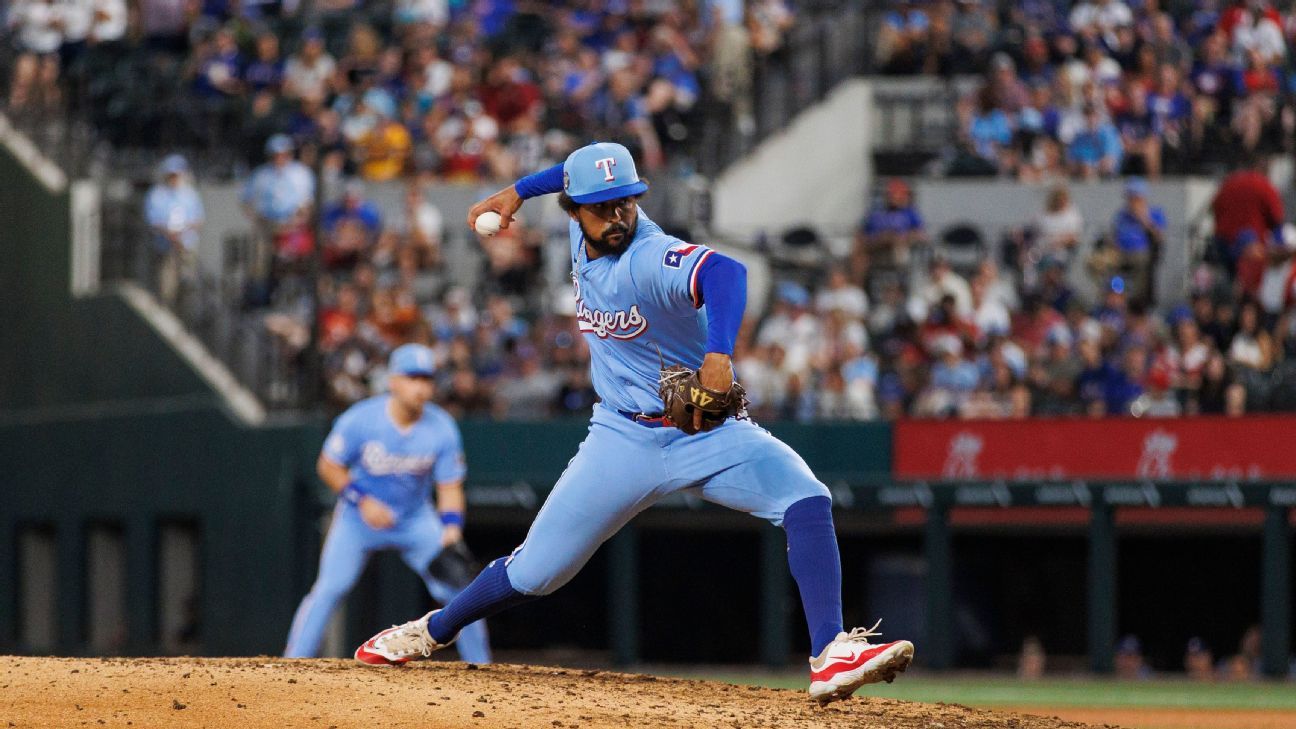

 Phone: (800) 737. 6040
Phone: (800) 737. 6040 Fax: (800) 825 5558
Fax: (800) 825 5558 Website:
Website:  Email:
Email: 






